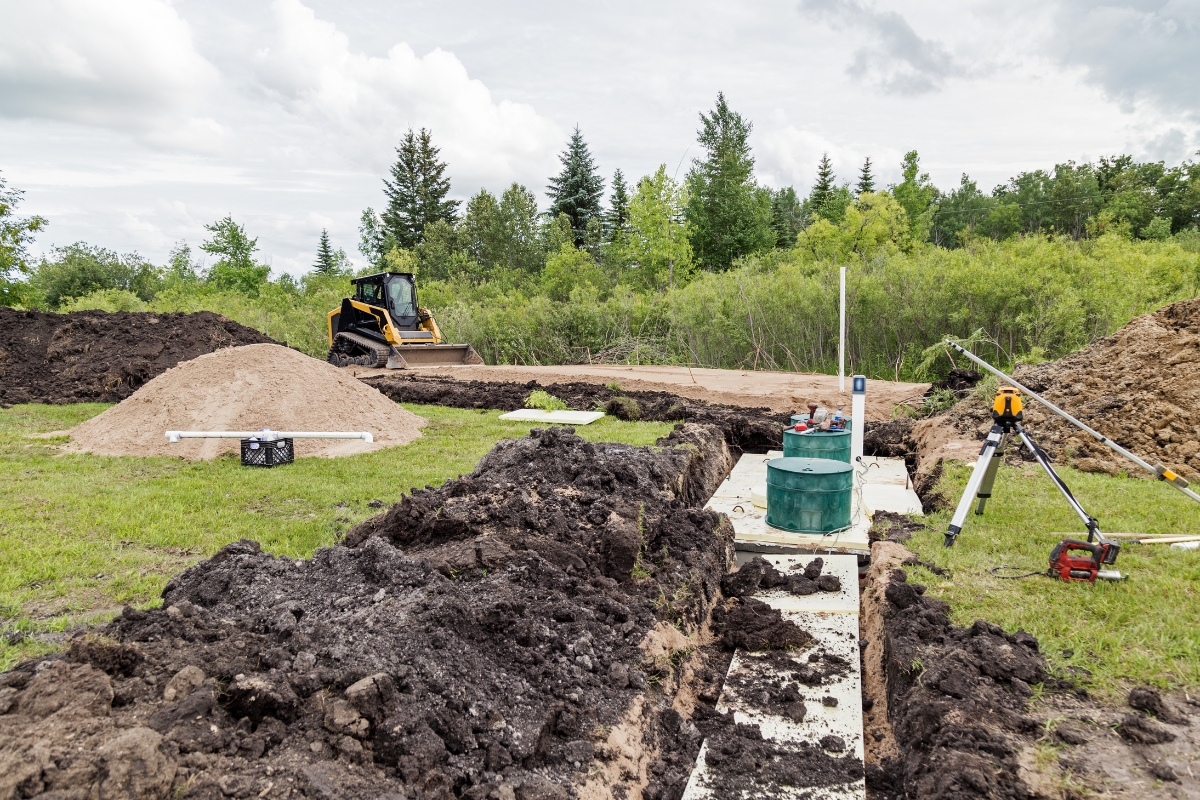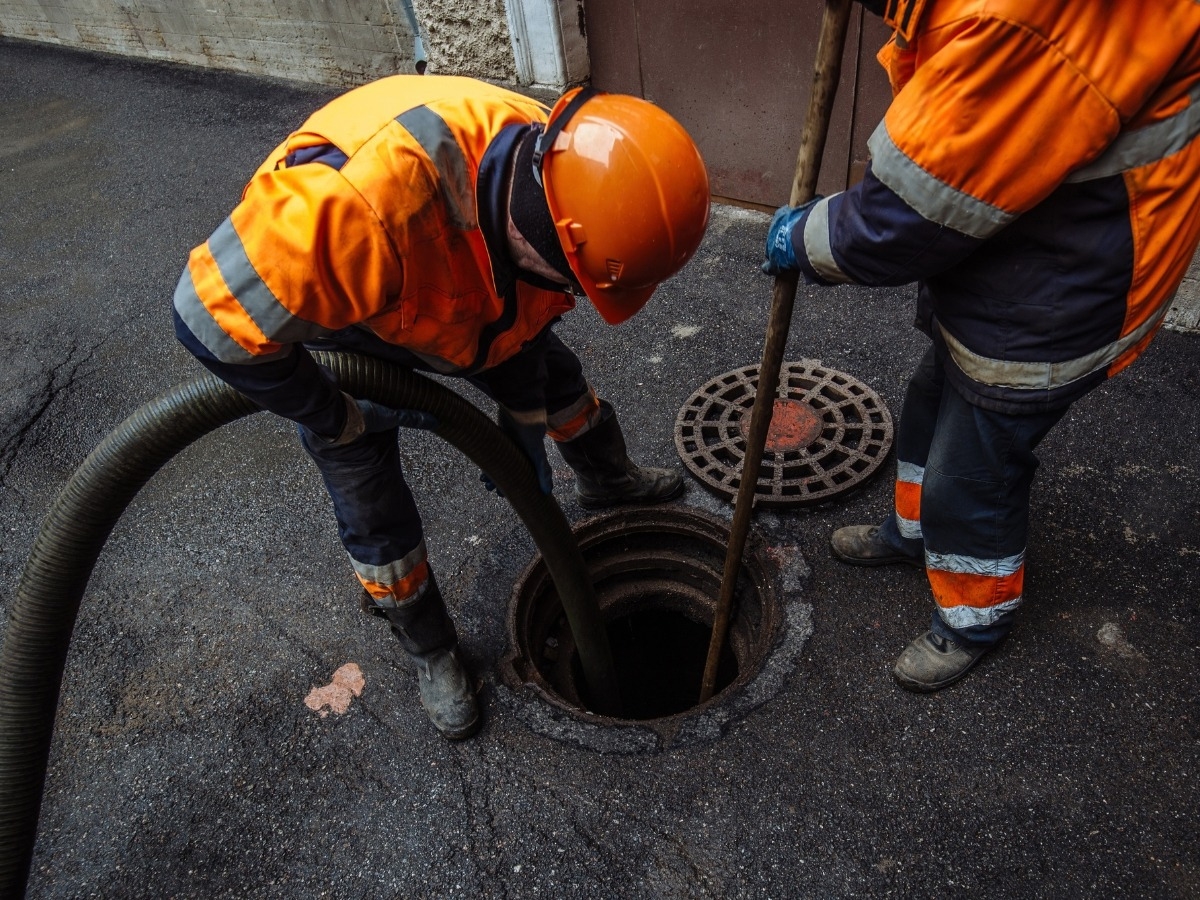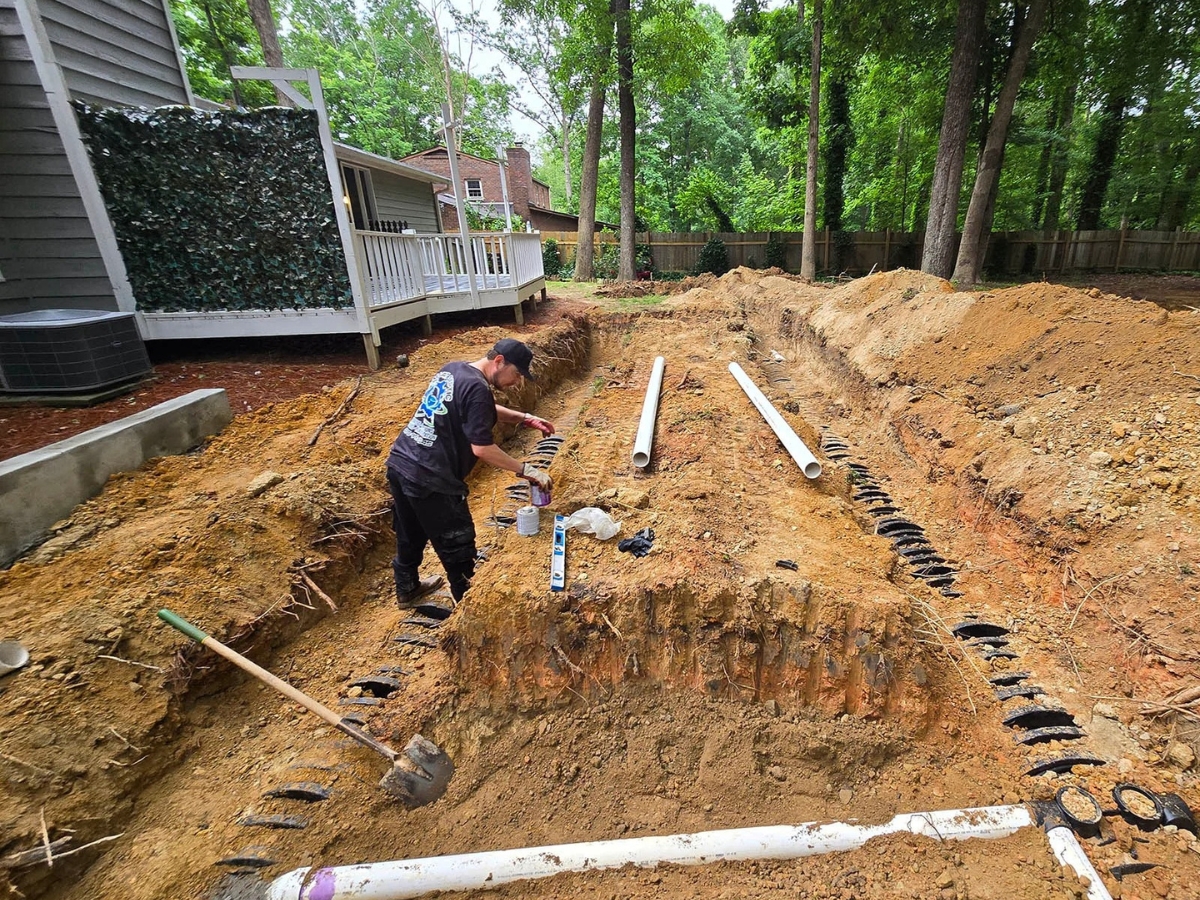In an era where environmental sustainability is of paramount importance, finding innovative solutions to conserve water and reduce wastewater is crucial. Septic systems, commonly used in areas without access to centralized sewer systems, offer a unique opportunity to implement water conservation practices.
In this guide, we’ll explore the intersection of water conservation and septic systems, offering insights and strategies to adopt a green approach to wastewater management. From implementing water-saving fixtures and practices to optimizing septic system design for maximum efficiency, this guide will empower homeowners to make a positive impact on the environment while preserving the functionality of their septic systems.
Whether you’re a homeowner looking to reduce water usage or a conservation enthusiast seeking to minimize your ecological footprint, get ready to explore the potential of water conservation with septic systems as we embark on a journey towards a greener future.
Is Water Conservation Possible with Septic Systems? Find Out How!
How Septic Systems Can Contribute to Water Conservation Efforts

Septic systems, often associated with wastewater management, can actually play a significant role in water conservation efforts. These systems are designed to treat and dispose of household wastewater in an environmentally friendly manner. By implementing certain practices and technologies, septic systems can minimize water usage and contribute to the overall conservation of this precious resource.
One way septic systems contribute to water conservation is through the use of advanced treatment methods. Traditional septic systems rely on anaerobic bacteria to break down waste, but newer technologies incorporate aerobic treatment processes. These aerobic systems introduce oxygen into the wastewater, allowing for more efficient decomposition and filtration. As a result, less water is required for flushing toilets and other household activities.
Additionally, septic system owners can adopt simple habits that promote water conservation. For example, fixing leaky faucets and toilets can prevent unnecessary water wastage. Conserving water not only benefits the environment but also reduces strain on the septic system itself, prolonging its lifespan.
Innovative Approaches to Water Conservation with Septic Systems
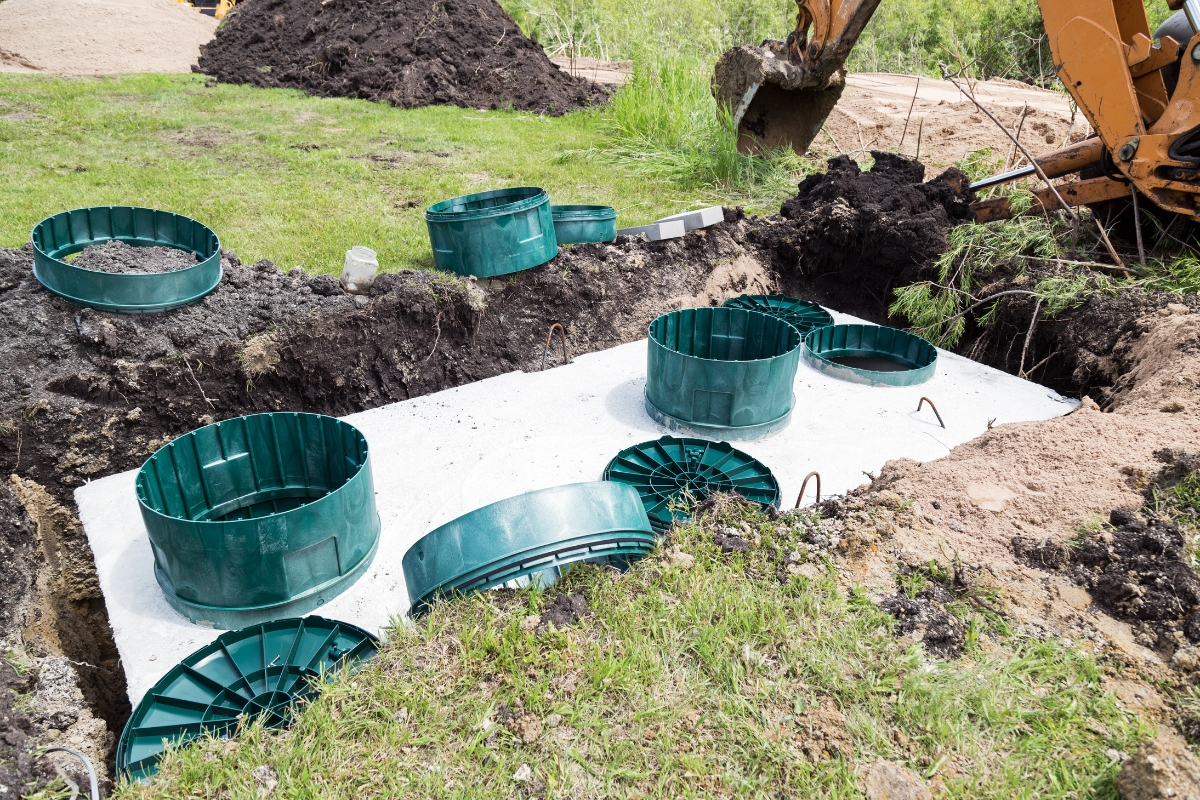
The field of wastewater management has seen remarkable advancements in recent years, offering innovative approaches to conserve water through septic systems. One such approach is the use of graywater recycling systems.
Graywater refers to gently used household water from sources such as sinks, showers, and laundry machines. Instead of being treated as waste, this relatively clean water can be reused for purposes like irrigation or toilet flushing. By diverting graywater away from the septic system and utilizing it elsewhere in the household or landscape, significant amounts of fresh potable water can be saved.
Another innovative approach involves incorporating rainwater harvesting into septic system designs. Rainwater collected from rooftops or other surfaces can be directed into storage tanks and used for non-potable purposes. This reduces the reliance on treated water for activities like watering gardens or washing cars, thus conserving water resources.
Benefits of Implementing Green Practices in Wastewater Treatment
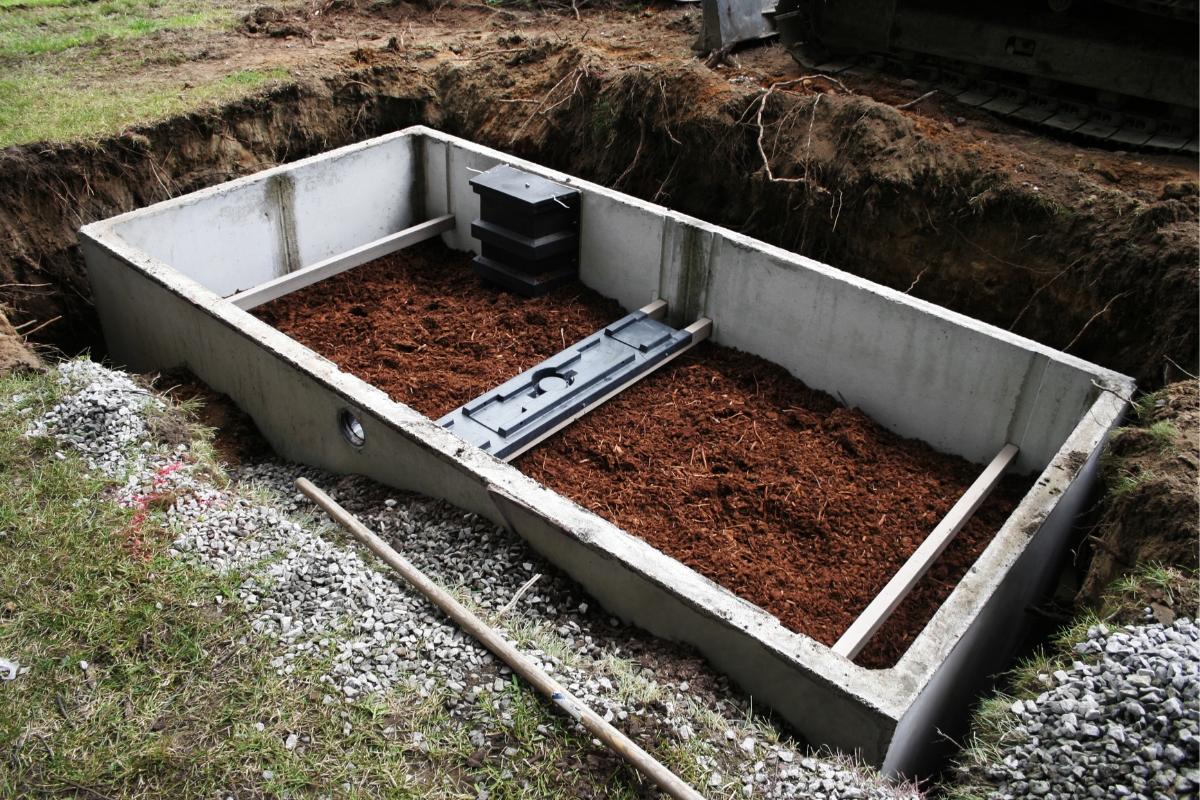
Implementing green practices in wastewater treatment can bring a myriad of benefits to both the environment and the community. When focusing on water conservation with septic systems, a green approach to wastewater management becomes crucial for sustainable development.
By incorporating eco-friendly techniques in wastewater treatment, such as utilizing natural filtration systems and implementing energy-efficient processes, water conservation efforts can be significantly enhanced. These green practices not only help in preserving water resources but also contribute to reducing the overall carbon footprint of wastewater treatment facilities.
One of the key benefits of implementing green practices in wastewater treatment is the minimization of water pollution. By adopting sustainable methods like wetland treatment systems or constructed wetlands, contaminants can be removed from wastewater effectively, ensuring that only clean water is released back into the environment.
Furthermore, green wastewater treatment practices promote the utilization of renewable energy sources, such as solar or wind power, to minimize the reliance on traditional energy-intensive methods. This not only reduces operational costs but also decreases the environmental impact associated with conventional energy generation.
In addition to environmental benefits, green wastewater treatment practices also play a crucial role in promoting public health and well-being. By ensuring that wastewater is treated efficiently and safely, the risk of waterborne diseases and contamination is significantly reduced, safeguarding the health of communities and ecosystems alike.
Maintaining Water Conservation Harmony with Septic Systems

When it comes to water conservation with septic systems, there are certain challenges that need to be addressed to ensure a sustainable and eco-friendly approach to managing wastewater.
One of the key challenges in balancing water conservation and septic systems is the potential strain on the septic system due to reduced water usage. Septic systems rely on a certain volume of water to function effectively, and decreased water flow can lead to issues such as clogging and improper waste breakdown.
To overcome this challenge, homeowners can implement water conservation strategies that maintain a healthy balance for their septic system. This includes fixing any leaks promptly, using water-efficient appliances, and spreading out water usage throughout the day to ensure a consistent flow into the septic tank.
Another challenge is the impact of water conservation measures on water quality. When less water is used, there is a risk of concentrated waste accumulating in the septic tank, potentially leading to odors and backups.
To mitigate this risk, regular maintenance of the septic system is crucial. This includes scheduling routine inspections, pumping out the tank as needed, and being mindful of what goes down the drain to prevent clogs and build-up.
Future Trends and Developments in Green Septic System Technologies
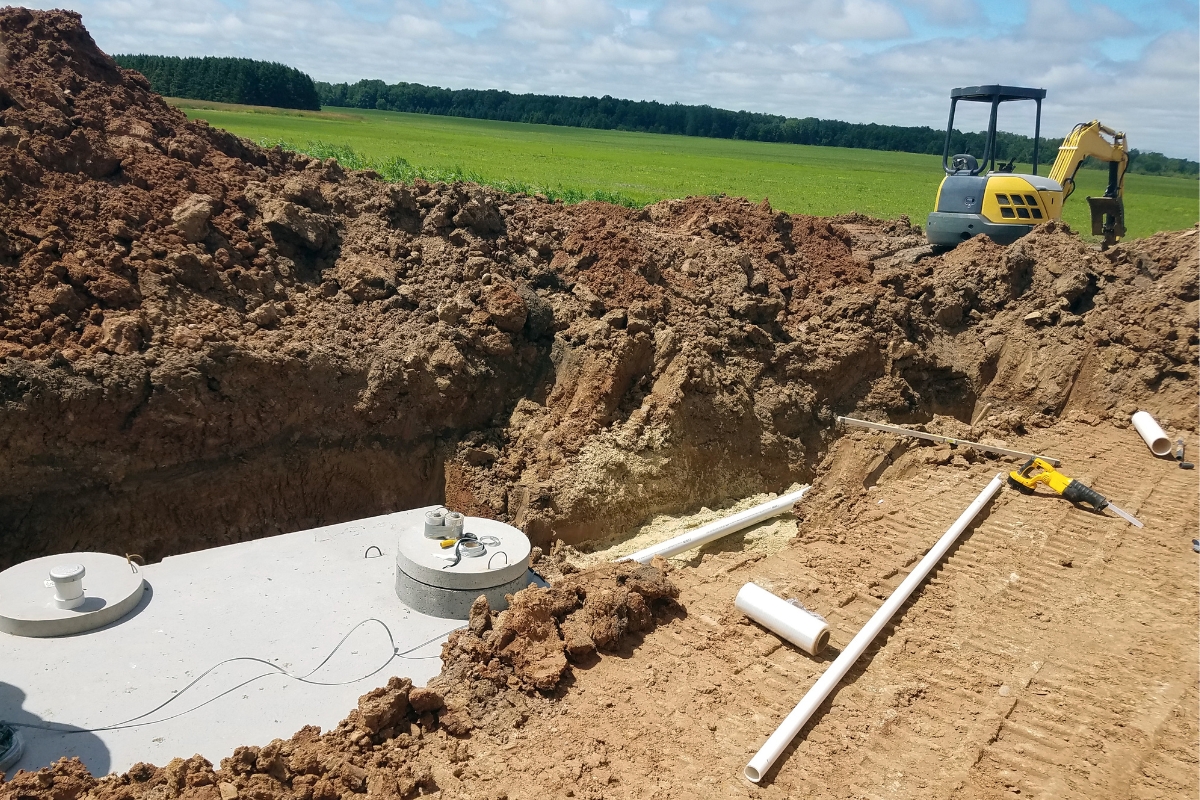
When it comes to water conservation, septic systems play a crucial role in promoting a green approach to wastewater management. The evolution of green septic system technologies is paving the way for a more sustainable and environmentally friendly future.
An essential upcoming development in environmentally-friendly septic system technologies is the incorporation of cutting-edge filtration systems. Their purpose is to enhance the process of eliminating pollutants and unwanted substances from wastewater, guaranteeing the discharge of only purified water into the surroundings.
Another exciting development is the use of innovative materials in septic tank construction. Researchers are exploring the use of sustainable and eco-friendly materials that not only improve the system’s performance but also reduce its environmental impact.
Moreover, the integration of smart technology in septic systems is revolutionizing how these systems are managed and monitored. From real-time monitoring of water usage to predictive maintenance alerts, smart septic systems are enhancing efficiency and reducing water wastage.
Furthermore, the adoption of decentralized wastewater treatment systems is gaining traction as communities look for sustainable alternatives to traditional centralized treatment plants. These systems offer a cost-effective solution for treating wastewater locally, reducing the strain on existing infrastructure and promoting water conservation.
Collaborative Efforts: Community and Government Initiatives for Sustainable Wastewater Management
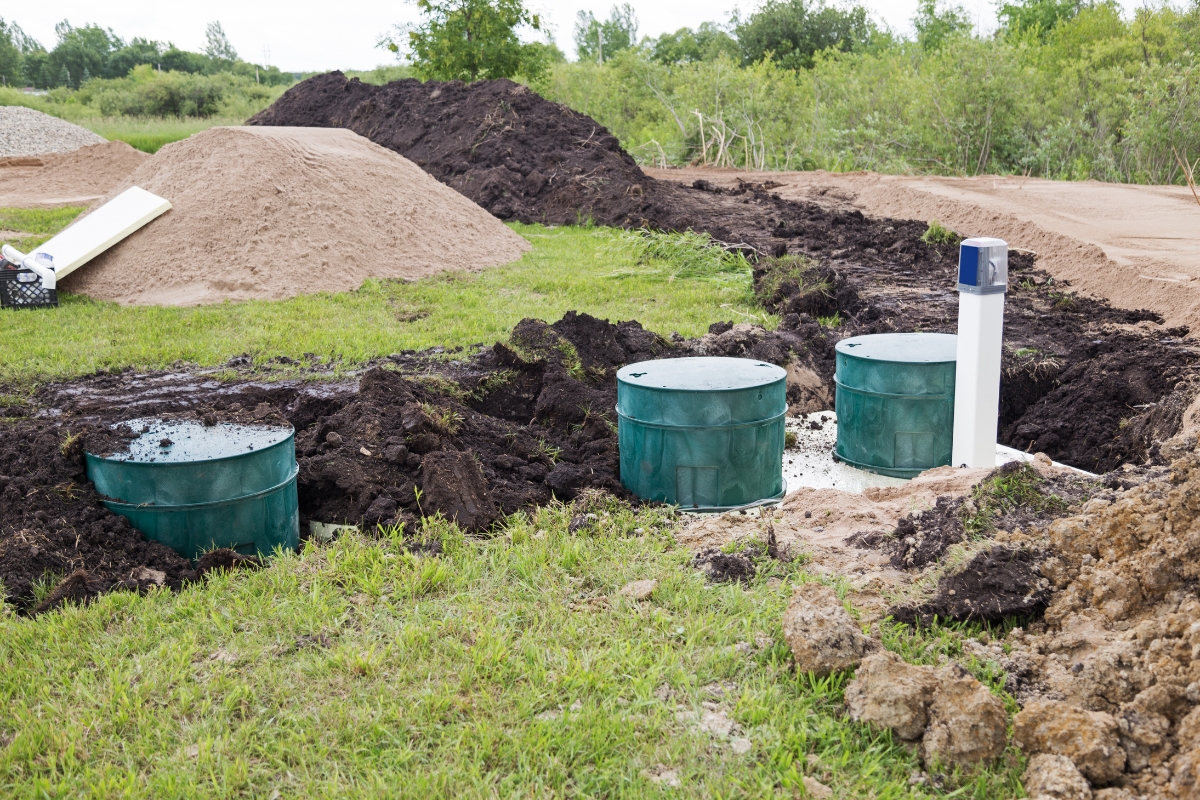
Water conservation is a pressing issue that requires collaborative efforts from both the community and government to ensure sustainable wastewater management. In the realm of wastewater management, septic systems play a crucial role in promoting a green approach to tackle this challenge.
Community initiatives play a vital role in water conservation through the proper maintenance and utilization of septic systems. Educating residents about the importance of regular inspections and timely pumping of septic tanks can significantly reduce water wastage and prevent groundwater contamination.
By fostering a sense of responsibility within the community, individuals can actively contribute to sustainable wastewater management practices.
On the other hand, government initiatives are instrumental in establishing regulatory frameworks and policies to govern wastewater treatment and disposal.
Through stringent guidelines and enforcement mechanisms, authorities can monitor the proper functioning of septic systems, ensuring compliance with environmental standards. Additionally, government funding and support for research and development in wastewater technologies further enhance sustainable practices in water conservation.
Collaboration between communities and the government is essential for the effective implementation of sustainable wastewater management strategies. By working together, stakeholders can address water conservation challenges holistically, taking into account both local needs and broader environmental considerations.
Through partnerships and joint initiatives, innovative solutions can be developed to promote the efficient use of water resources and minimize the environmental impact of wastewater disposal.
Conclusion: Empowering Change through Water Conservation with Septic Systems
Water conservation with septic systems is not just a responsibility; it is an investment in the future of our planet. Let us strive towards a greener approach to wastewater that not only preserves our most valuable resource but also creates a sustainable world for generations to come.
As we strive towards a greener future, water conservation becomes paramount, especially in managing wastewater with septic systems. For expert guidance and sustainable solutions in septic services, choose Smart Septic Pros. Contact us today at 678-993-4545 or fill out our online contact form to request a septic service. Let’s work together for a more sustainable tomorrow with Smart Septic Pros.
